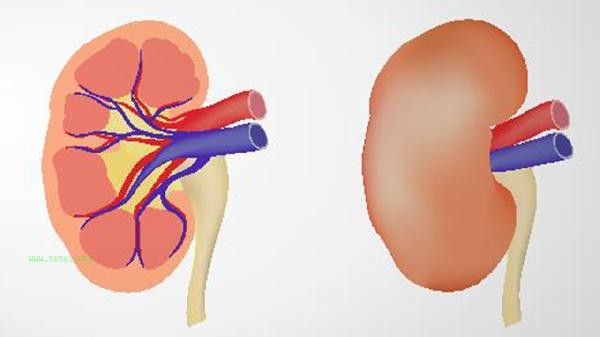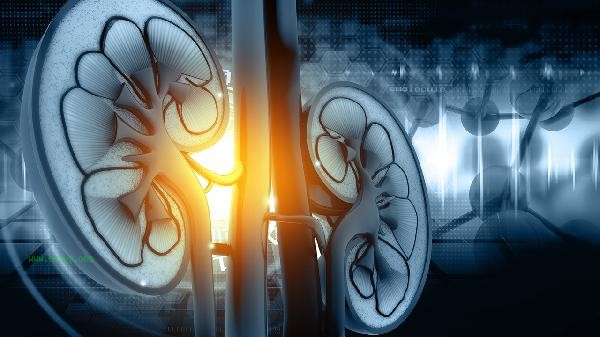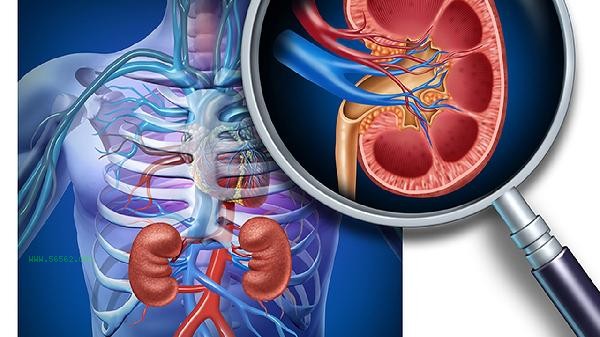Muscle building powder generally does not cause a burden on the kidneys, but excessive intake or the presence of underlying kidney disease may increase the risk. The main components of muscle building powder are protein and carbohydrates. Reasonable use can help with muscle synthesis, but the dosage needs to be adjusted according to individual health conditions.

It is generally safe for healthy individuals to use muscle powder within the recommended dosage. Protein metabolites need to be excreted through the kidneys, but normal kidney function can effectively process them. Choosing easily absorbable types such as whey protein, combined with sufficient water intake, can reduce metabolic stress. The recommended daily total protein intake should not exceed 2 grams per kilogram of body weight to avoid overlapping with high protein diets. supplementing within 30 minutes after training yields the best results, while ensuring adequate intake of vitamin B to aid metabolism. Patients with chronic kidney disease or renal insufficiency should be cautious. High protein intake may increase the renal filtration burden, leading to elevated creatinine levels. In the presence of basic diseases such as diabetes and hypertension, excessive protein may accelerate glomerular injury. The creatine component in some muscle enhancing powders may increase the risk of water and sodium retention. If symptoms such as decreased urine output and lower limb edema occur, immediate cessation of use and medical examination of urine routine should be sought.

During the use of muscle increasing powder, regular monitoring of renal function indicators should be carried out, and daily water intake should be maintained at 2000 milliliters or more. Avoid co administration with diuretics and nephrotoxic drugs. It is recommended to choose products with no additives and low sugar formulas, and prioritize supplementing protein with natural foods such as chicken breast and eggs. Special populations such as teenagers and pregnant women should consult a nutritionist before use, and those with abnormal kidney function should adjust their dietary structure under the guidance of a doctor.








Comments (0)
Leave a Comment
No comments yet
Be the first to share your thoughts!